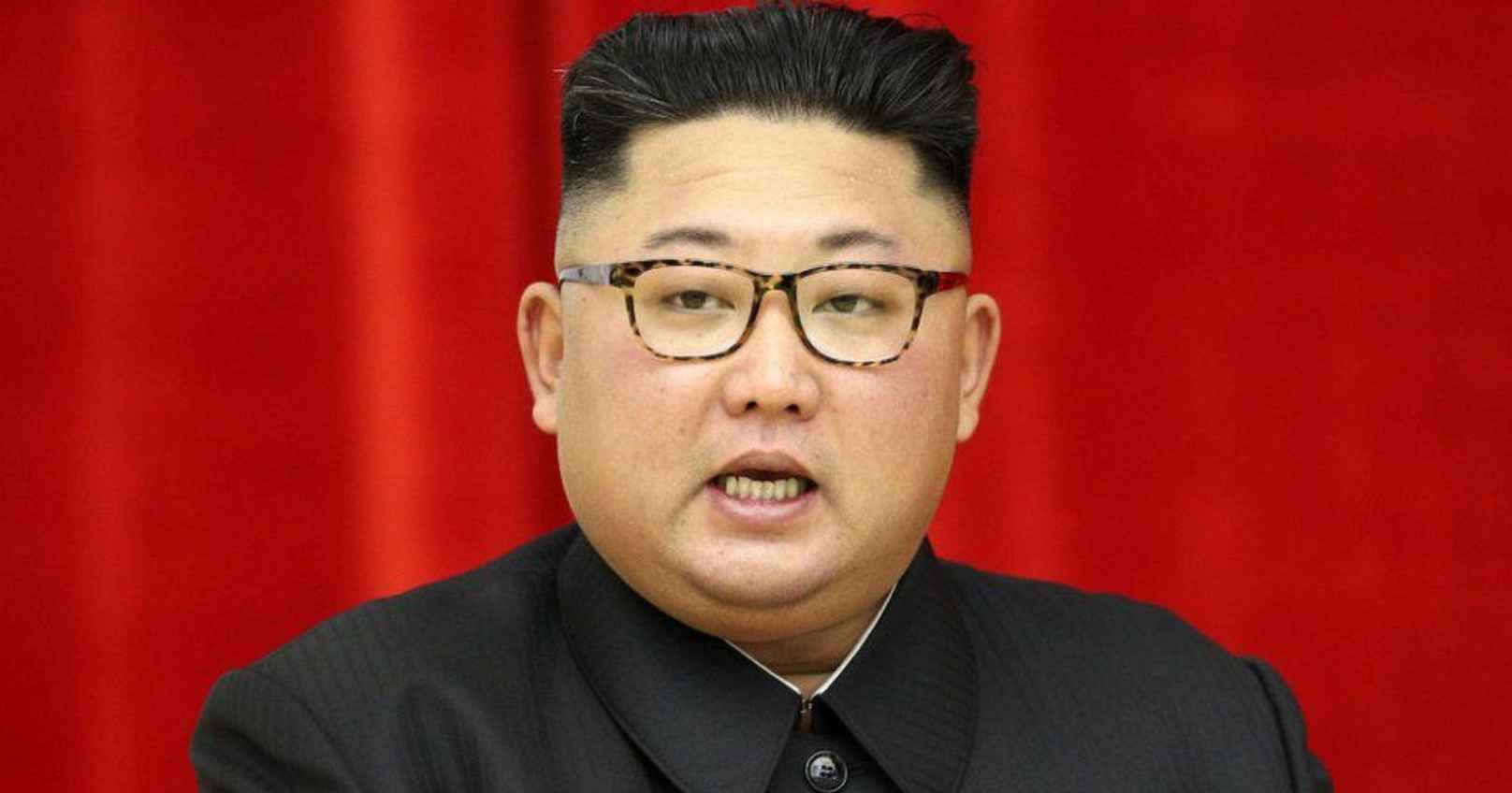North Korean authorities have reportedly executed a 22-year-old man for listening to and sharing K-pop music and films, as disclosed in a recent human rights report from South Korea’s unification ministry.
According to The Guardian's coverage of the 2024 Report on North Korean Human Rights, the young man, hailing from South Hwanghae province, was put to death in 2022 after being found guilty of consuming 70 South Korean songs, watching three films, and distributing them within the country.
This severe punishment stems from North Korea’s stringent 2020 law targeting "reactionary ideology and culture," aiming to shield citizens from what is perceived as the corrupting influence of Western and South Korean popular culture. This crackdown was initiated under former leader Kim Jong-il and has been intensified under his successor, Kim Jong-un.
K-pop and K-dramas, South Korean entertainment exports popular worldwide, are among the forbidden cultural imports that Pyongyang views as undermining its regime's authority. According to The Guardian, a defector remarked, “After watching Korean dramas, many young people wonder, ‘Why do we have to live like this?’ I thought I’d rather die than live in North Korea.”
The report, based on testimonies from 649 North Korean defectors, details the regime's stringent measures to control information and suppress Western influences. Activities such as using slang, wearing certain clothing items, or adopting hairstyles deemed "capitalist" are closely monitored and can lead to severe punishment.
Experts argue that the North Korean leadership perceives the infiltration of South Korean culture as a threat to their regime's demand for absolute loyalty to the ruling Kim dynasty. The divide between North and South Korea, originating from post-World War II geopolitical shifts and exacerbated by the Korean War, continues to shape their distinct socio-political trajectories.







